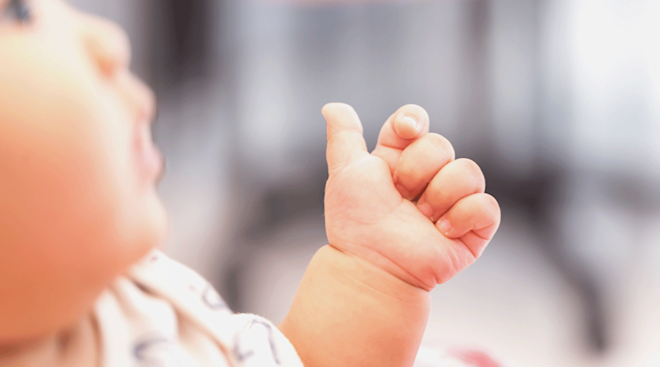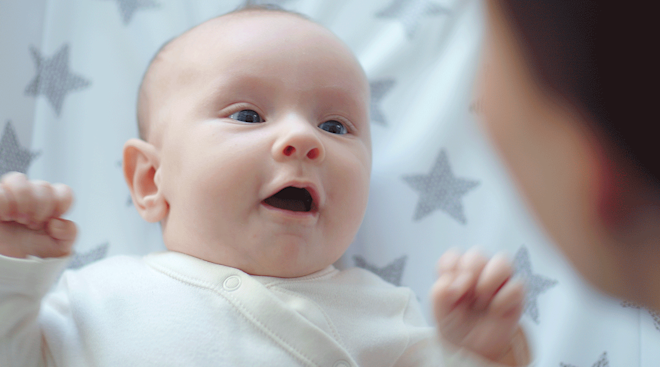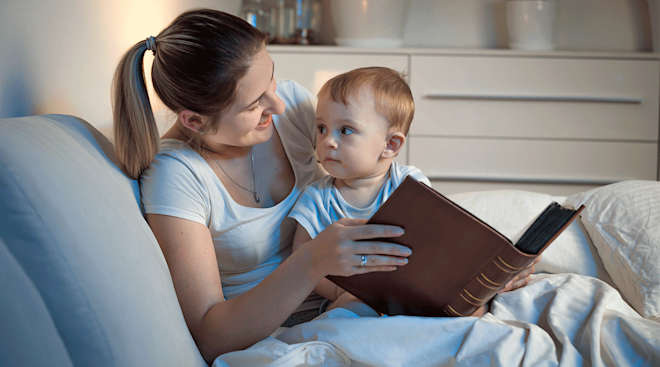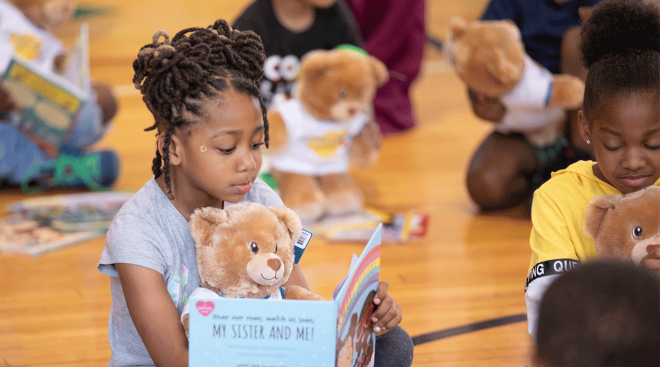Parents Worldwide Use the Same "Baby Voice," New Study Reveals
It turns out you aren’t alone in your oohing, ahhing and high-pitched doting over baby. Despite how silly you might feel, a new study shows that sing-songy baby talk—formally known as “Parentese”—is quite universal.
The study, recently published in the journal Nature Human Behavior, analyzed 1,615 voice recordings in 18 languages taken from 410 parents across six continents representing diverse lifestyles from posh urban dwellers to hunter-gatherers in Tanzania.
The results showed that despite cultural differences, parents worldwide spoke to their babies differently than adults and more often than not in a similar falsetto tone. “We tend to speak in this higher pitch, high variability, like, ‘Ohh, heeelloo, you’re a baaybee!’” Courtney Hilton, a principal author of the study told the New York Times. According to researchers, even lullabies tend to sound the same across cultures.
These cross-cultural similarities aren’t just coincidences, according to scientists, they also serve an evolutionary purpose. A recent study has shown how we engage with baby talk, and by extension, the way we talk and respond to babies helps cement infants’ first communication, language and social skills.
Scientists also believe the effects of these simple interactions with baby are amplified when using certain tones and pitches. Samuel Mehr, a psychologist and director of The Music Lab at Haskins Laboratories who conceived the new study, explained to The New York Times that the high-pitched voice parents often use when singing lullabies to soothe baby actually holds the attention of babies better than a lower-pitched vocalization.
Researchers hope the many cross-cultural findings from the study will be used to further advance the way we understand and learn language. Exciting developments have already arisen from the link between baby talk and music. It seems as though the many different vowel sounds that people often use when talking to baby are very similar to the way people across the world sing to each other. Since these forms of communication are so similar and seem to come naturally to baby, scientists believe that music may be used to help in the early development of language.
Speech development is a complex process that can be hard to understand. Learn how to decipher speech development myths from facts here.
Navigate forward to interact with the calendar and select a date. Press the question mark key to get the keyboard shortcuts for changing dates.





















































